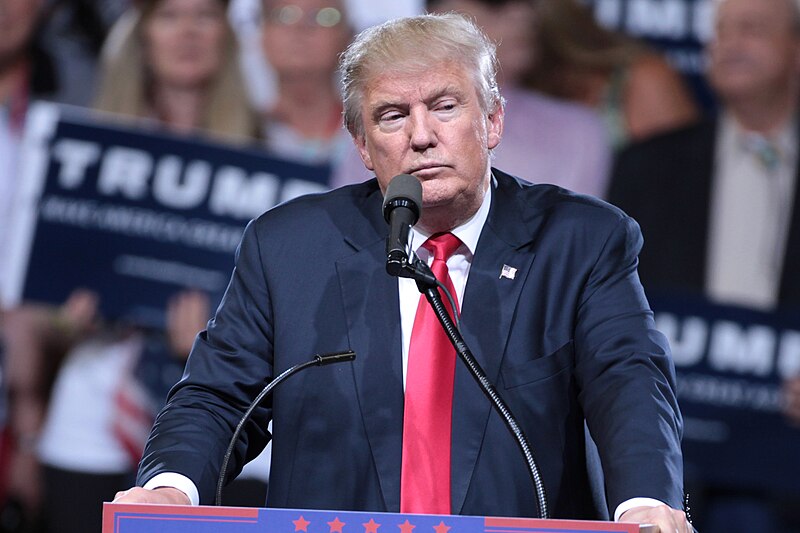
In a unanimous decision, a federal appeals panel ruled on Tuesday that former President Donald Trump can indeed be prosecuted for his alleged attempts to overturn
the 2020 election. This ruling sets the stage for a potential Supreme Court showdown.
Trump's legal team had previously argued that a sitting president, regardless of their actions, cannot face prosecution unless impeached and convicted. However, the three-judge panel of the D.C. Circuit Court of Appeals dismissed this argument, asserting that Trump is not immune from prosecution.
The panel's ruling emphasized that Trump, now a private citizen, is subject to the law like any other individual. They stated, "Former President Trump lacked any lawful discretionary authority to defy federal criminal law and he is answerable in court for his conduct."
Trump's spokesperson indicated that he would appeal the decision, and Trump himself expressed his disagreement, warning of potential political ramifications. Nevertheless, the court's decision highlights the principle that no individual, not even a former president, is above the law.
This case marks a significant legal milestone, as it is the first instance of a federal appeals court assessing a former president's criminal liability. Both sides argue constitutional and historical precedent, with legal experts viewing the decision as affirming that presidents are indeed accountable for their actions.
The case may ultimately proceed to the Supreme Court, where the Justice Department has requested a ruling. However, the high court has deferred to the appeals court to weigh in first.
In the meantime, the panel has postponed sending the decision back to the District Court to allow Trump the opportunity to appeal to the Supreme Court. However, they emphasized that Trump, now considered a private citizen, is subject to criminal prosecution.
Trump's legal team has contended that subjecting former presidents to criminal charges could inhibit their actions in office. However, the panel rejected this argument, asserting that the interest in criminal accountability outweighs the risk of chilling presidential action.
The court's ruling underscores the fundamental principle that no individual, regardless of their status or former position, is immune from the law. Photo by Gage Skidmore from Peoria, AZ, United States of America, Wikimedia commons.






































